Key Working Characteristics of Generators
- By BISON
Table of Contents
Key Working Characteristics of Generators
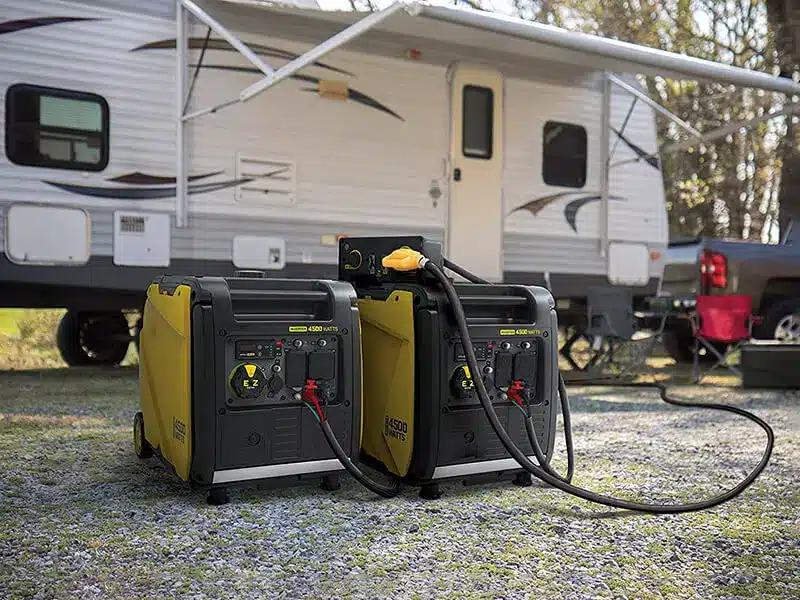 In today’s fast-paced business world, having a reliable and uninterrupted power supply is essential. Power outages can disrupt business operations, causing downtime, lost productivity, and potential revenue loss. Backup generators can be a crucial investment for B2B companies to ensure business continuity during power outages. However, choosing the right generator can be challenging, especially for those who are new to the world of backup power. In this article, we will discuss the key working characteristics of generators that every B2B company should consider when investing in backup power.
In today’s fast-paced business world, having a reliable and uninterrupted power supply is essential. Power outages can disrupt business operations, causing downtime, lost productivity, and potential revenue loss. Backup generators can be a crucial investment for B2B companies to ensure business continuity during power outages. However, choosing the right generator can be challenging, especially for those who are new to the world of backup power. In this article, we will discuss the key working characteristics of generators that every B2B company should consider when investing in backup power.
Working Characteristics of Generators:
-
Power Output:
-
Fuel Efficiency:
-
Noise Level:
-
Portability:
-
Maintenance Requirements:
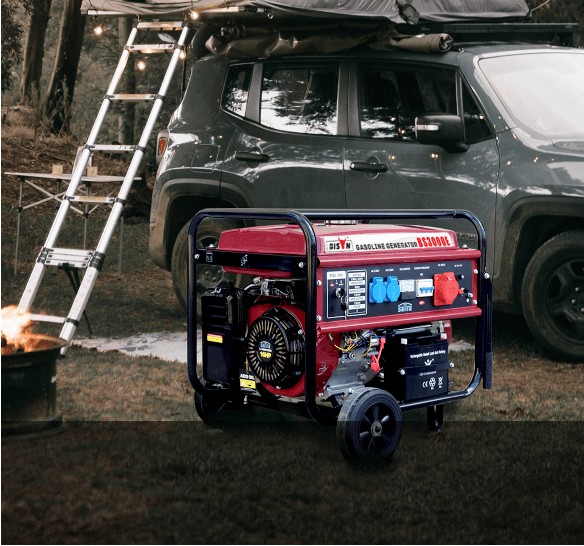
Automated control systems:
Some modern generators have automated control systems. These systems monitor the generator’s operating conditions and automatically start or stop the generator when needed. Such systems can automatically start the generator when a power outage occurs, maintaining continuity of business operations without the need for human intervention.Reliability:
The reliability of generators is critical for business environments that require reliability. Certain models of generators offer greater reliability and durability, ensuring that problems will not arise during long-term use. Knowing customer reviews and opinions on reliability and durability can help to understand the pros and cons of different generator models.Voltage Stability:
Voltage stability is the stability of the current produced by the generator and can affect the proper operation and life of the equipment. When selecting a generator, consider the stability and fluctuation range of the desired voltage to ensure that the generator is suitable for your equipment and business needs.Environmental protection:
Environmental awareness is becoming more and more important to people, so choosing an environmentally friendly generator is also a factor worth considering. Some generators have environmentally friendly features such as low carbon emissions and low noise levels, which can reduce their environmental impact and comply with environmental regulations. In conclusion, when choosing a generator, you need to consider your business needs and other factors to ensure that the generator you choose will meet your power needs. Investing in a standby generator can help you maintain continuous power supply during power outages and emergencies, ensuring the stability and reliability of your business operations. Remember to maintain your generator regularly to keep it performing at its best and extend its life.Most Popular Posts
QUESTIONS?
CONTACT US TODAY.
buy?
Related Posts
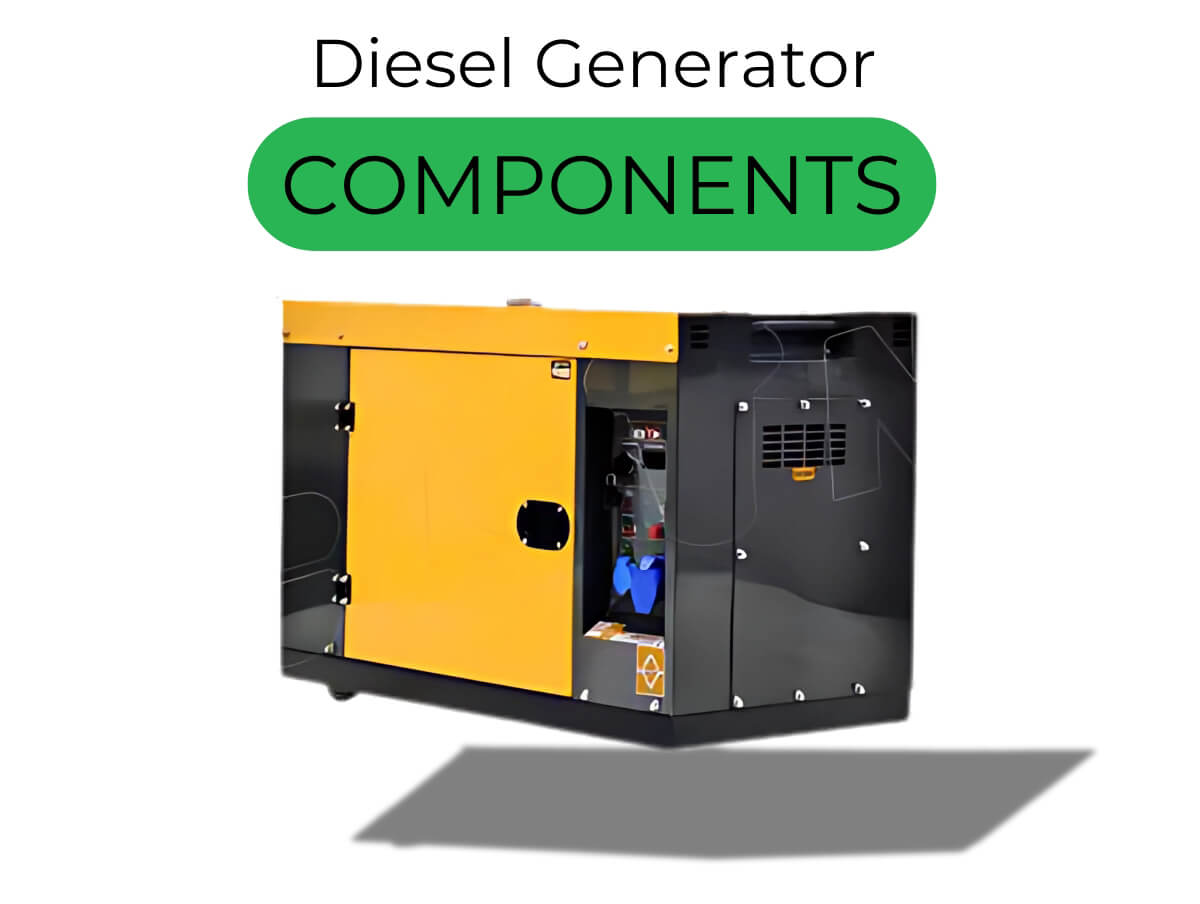
diesel generator components
BISON will explore the key components of diesel generators and understand how each part contributes to their overall performance and reliability.
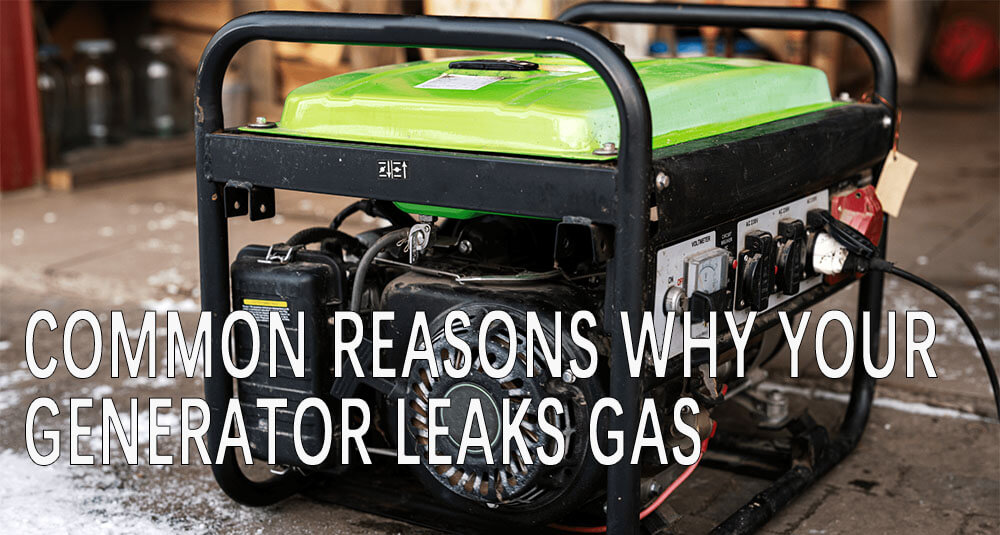
Common reasons why your generator leaks gasoline
In this guide, BISON covers common causes of gasoline leaks, warning signs to watch for, and how to fix the issue.
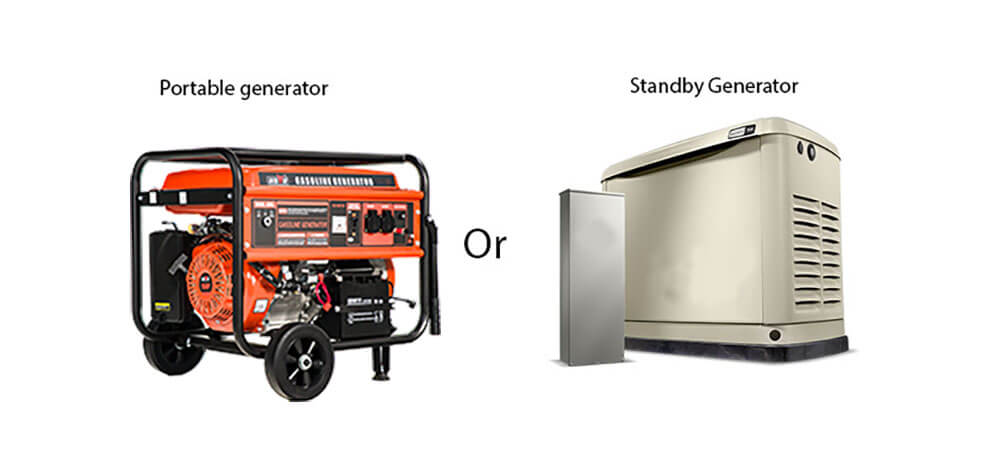
portable or standby generators: which one fits your needs?
This article by BISON breaks down the differences between portable and standby generators. By the end, you’ll find which one fits your needs best.
.png)
-qbpqbzxxvtguiuwezisu6wo6j1i29b4m1el1ir1u8o.png)

